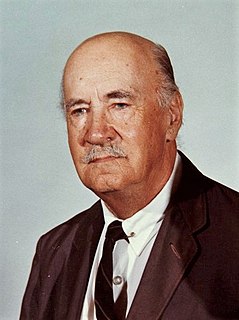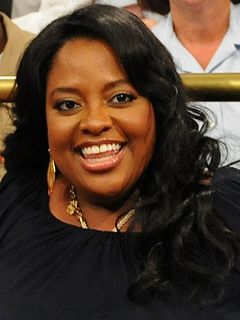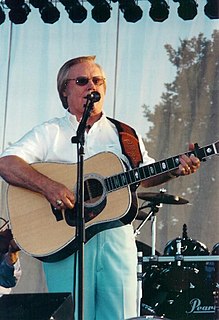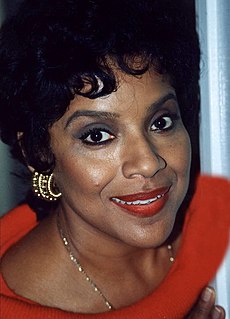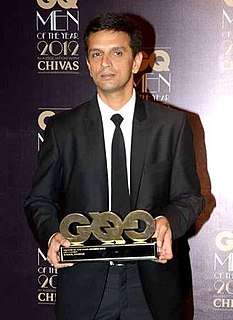A Quote by Tom Hopkins
We have already done so much that people call dynamics. Look at the bumblebee being unaware of scientific truths, goes ahead and flies anyway. If it is possible, we will do it here.
Related Quotes
There's bad in everything. I dislike people misusing something that I love so much. It goes beyond the money. It goes beyond all of that and the glory. I love what I've done and I just can't stand to see what they're doing to it. But I've learned to live with it because that's what they've done. They've come in with the modern sounds. I call it modern pop. It's not country anymore.
It is this claim to a monopoly of meaning, rather than any special scientific doctrine, that makes science and religion look like competitors today. Scientism emerged not as the conclusion of scientific argument but as a chosen element in a worldview - a vision that attracted people by its contrast with what went before - which is, of course, how people very often do make such decisions, even ones that they afterwards call scientific.
Talking about creating truth tends to alarm people, because truth is meant to be 'just out there'. It doesn't take much thinking to appreciate that we sometimes change truths on the ground - sometimes just by words. A new law will change what is possible. I think - perhaps because the paradigm we follow tends to be scientific, and all about discovery - the creative element of truth is one upon which we don't focus so much attention. This is particularly so in anglophone philosophy, perhaps because we associate it too much with those 'pernicious' continental trends.
If you are a person this world will seem full of persons. When you are the being you will not feel bound. You will know every being, look in the eyes of every being, and you know, you will recognize yourself. These things are not poetry. They are simple truths. You will experience them. In your heart they will be confirmed.
"We hold these truths to be sacred and undeniable" in a draft of the Declaration of Independence changes it instead into an assertion of rationality. The scientific mind of Franklin drew on the scientific determinism of Isaac Newton and the analytic empiricism of David Hume and Gottfried Leibniz. In what became known as "Hume's Fork" the latters' theory distinguished between synthetic truths that describe matters of fact, and analytic truths that are self-evident by virtue of reason and definition.
I think sometime we will go to Mars and I think we'll explore it with humans sometime, but I think it's really wise to do all the robotic exploration ahead of time and learn as much as possible. Once we have learned as much as possible with the robots, then that's the time to send people, and let them then continue the research that the robots have started.
It is always a great honour to mention a truth which has not become widespread yet. One of these truths is that man has no soul; he has only 'body' and 'mind'. Man's unshakable belief on the soul will not change this scientific truth! No belief can be higher than the scientific truths! Man can be born, can walk and work and can think without owning a mysterious and an immaterial soul! The soullessness of the man is a great tragedy both for the man and for the religion. But Man, contrary to the religion, will come out with triumph from this tragedy.

